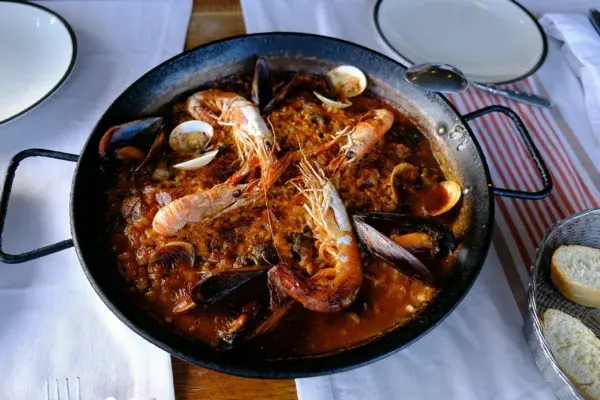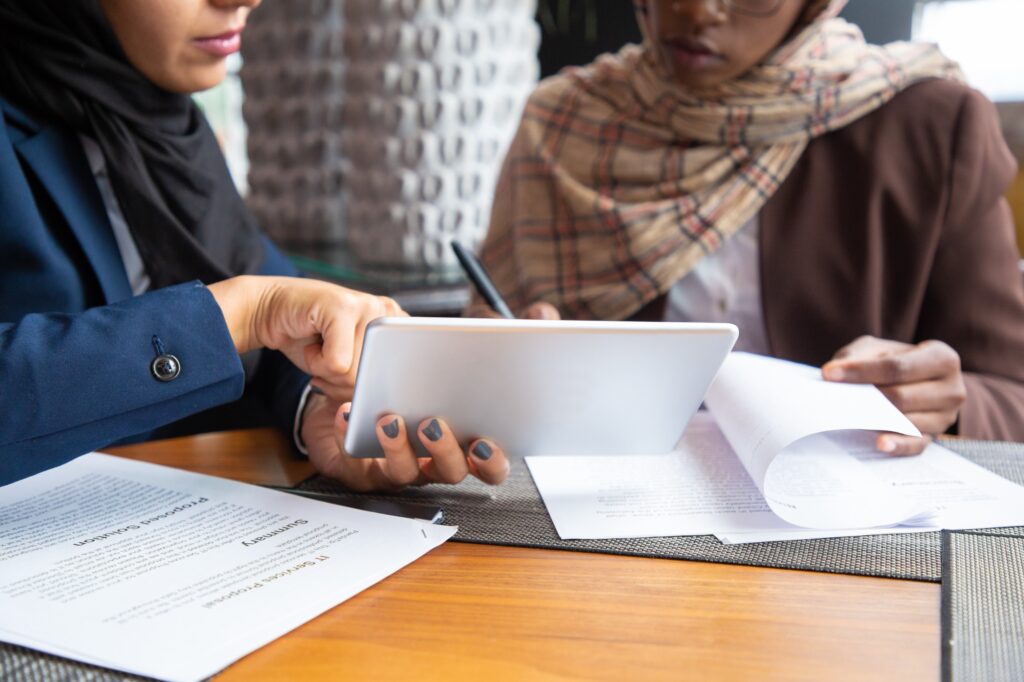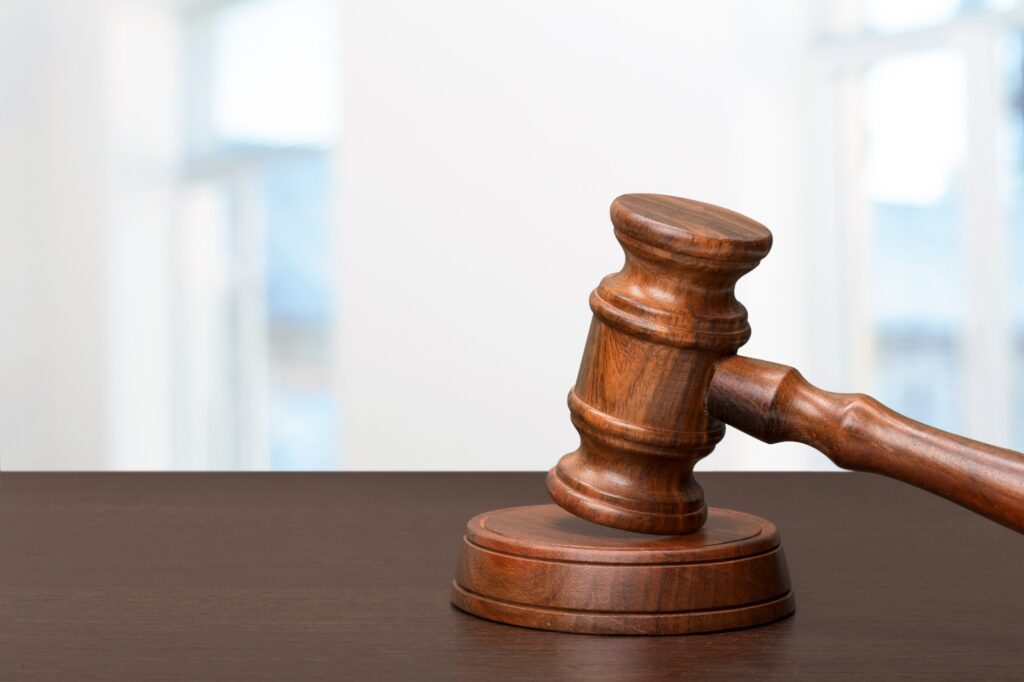The Problem with “Calculations Say Sighting Was Impossible”
Last Updated (08April25): After the points graciously raised by Musab Qazi and others on several errors in my articles, I have corrected those and amended my analysis below to address some of the contentions raised. Additionally, I have expanded several sections with more information on additional sighting locations and related analysis. About this Article This […]
The Problem with “Calculations Say Sighting Was Impossible” Read More »














